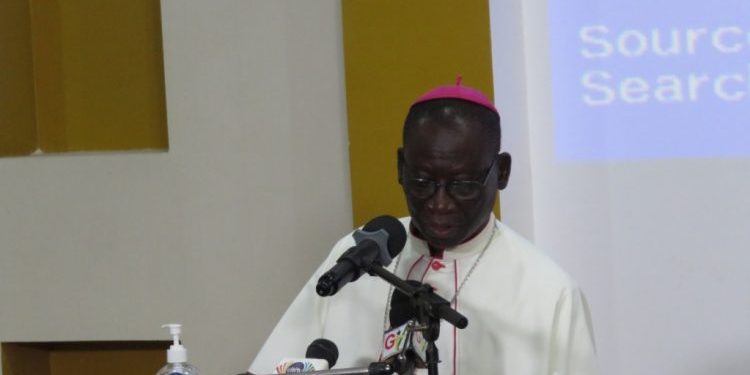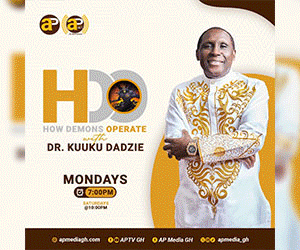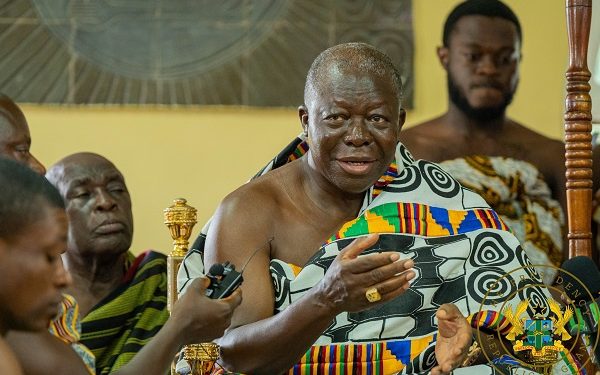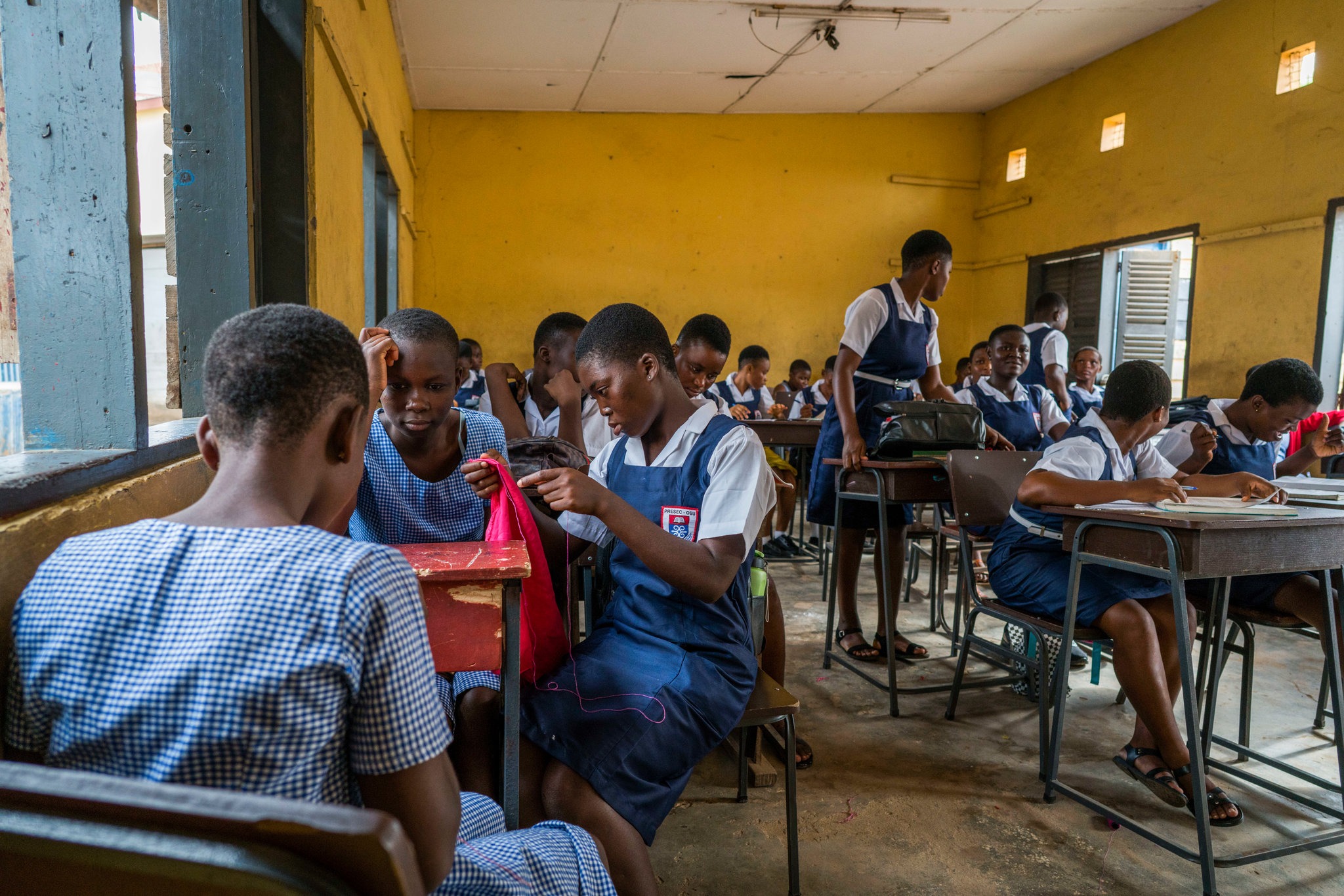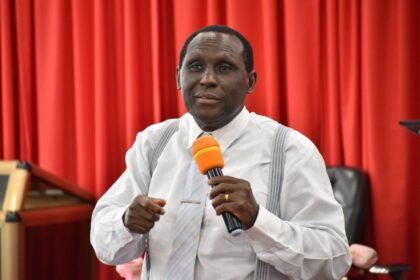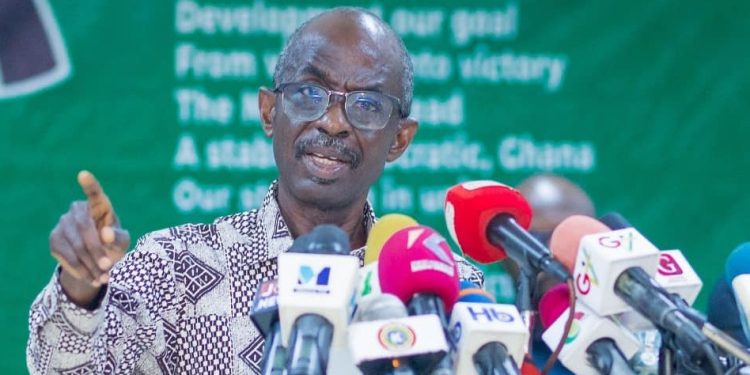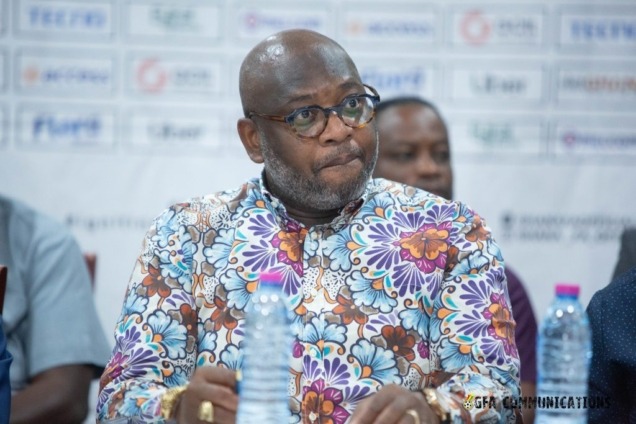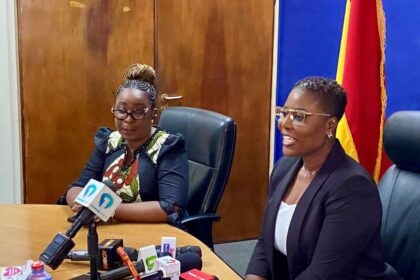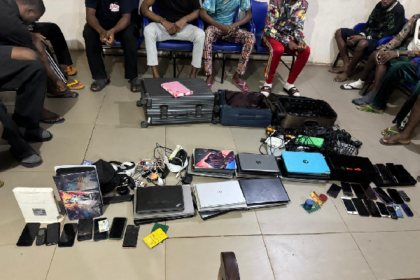The President of the Ghana Catholic Bishops’ Conference (GCBC), Most Rev. Matthew Kwasi Gyamfi, has raised alarm over the resurgence of chieftaincy and ethnic conflicts across Ghana, warning that the trend poses a serious threat to national stability and cohesion.
Speaking at the 2025 Plenary Assembly of the GCBC in Damongo on Monday, November 10, Most Rev. Gyamfi lamented that protracted conflicts, particularly in northern Ghana, continue to disrupt livelihoods and undermine development efforts.
“Persistent chieftaincy and ethnic conflicts continue to disturb the peace of several regions. The Bawku crisis remains among the most devastating, claiming between 200 and 300 lives since renewed hostilities in late 2021,” he said.
He explained that essential social services in these conflict zones have been severely affected, with schools, hospitals, and markets repeatedly closing due to insecurity, paralysing local economies. Beyond Bawku, he cited Yendi, Bimbilla, Nkonya–Alavanyo, and Doba–Kandiga as other flashpoints that have experienced recurrent violence.
Most Rev. Gyamfi also drew attention to the humanitarian impact, noting rising internal displacements and the influx of refugees from Burkina Faso escaping terrorist attacks in the Sahel.
“The humanitarian consequences are grave — internal displacements, broken families, and cross-border refugee inflows. Since 2022, more than 15,000 asylum seekers from Burkina Faso have entered northern Ghana. Our local communities, despite poverty, have shown heroic generosity with little external support,” he said.
The Bishops’ Conference President emphasized that lasting peace must be built on justice and compassion, urging the government, traditional rulers, and religious leaders to work together to address the root causes of these long-standing disputes.
“These realities remind us that peace cannot exist without justice, and security cannot endure without compassion,” he concluded.




